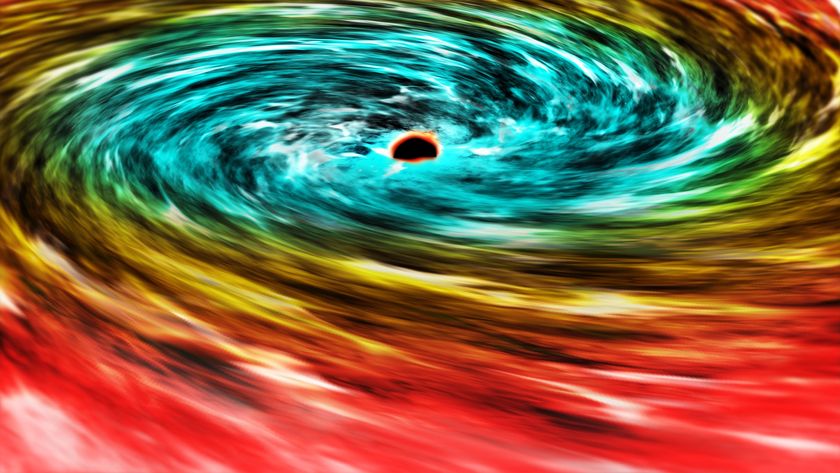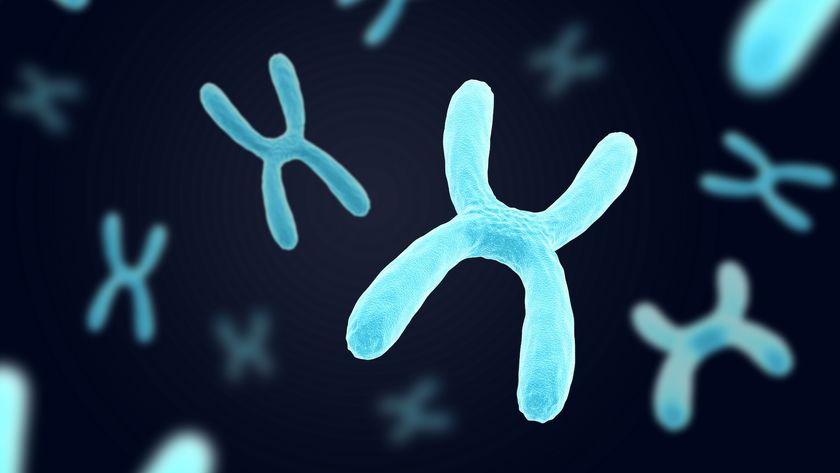Head Trauma May Boost Schizophrenia Risk

Head trauma may increase the risk of developing schizophrenia, a new study says.
The results show people who have suffered from a traumatic brain injury (TBI) are 1.6 times more likely to develop schizophrenia compared with those who have not suffered such an injury.
The risk was particularly high in those with a family history of schizophrenia.
Previous studies regarding TBI and schizophrenia have yielded mixed results as to whether the conditions are linked. The new study is one of the first to pool information from past research in a systematic way to get an indication of the risk.
While the new findings suggest the link does exist, they don't prove that brain injuries cause schizophrenia. And it could be that patients were already developing the psychiatric condition when their injury occurred, the researchers said. More work needs to be done to find exactly what's behind this relationship, they said.
Brain injury and schizophrenia
Traumatic brain injury results from a jolt or blow to the head, or an injury that penetrates the skull, according to the Centers for Disease Control and Prevention (CDC). Symptoms of TBI can be mild, such as a concussion, or more severe, such as amnesia, the CDC says.
Sign up for the Live Science daily newsletter now
Get the world’s most fascinating discoveries delivered straight to your inbox.
TBI is known to increase the risk of some psychiatric disorders, including anxiety disorders, substance use disorders and personality change, the researchers said.
Mary Cannon, of the Royal College of Surgeons in Dublin, and colleagues analyzed nine previous studies that included participants who had suffered TBI and participants from the general population that had not suffered TBI.
Overall, TBI was associated with an increased risk of schizophrenia, the researchers found. People who suffered TBI and also had a relative with schizophrenia were 2.8 times more likely to develop the psychiatric condition than those who hadn't had TBI, the study said.
Schizophrenia affects about 7 out of every 1,000 adults worldwide, according to the World Health Organization.
The risk of schizophrenia did not increase in more severe brain injuries, the study showed. That may mean other factors, such as the location of the trauma, matter more in terms of schizophrenia risk, the researcher said. The study did not take into account the location of the TBI.
Genes or environment
The researchers did not conduct any new trials themselves, so their study is only as good as the data they chose to review, said Dr. Dolores Malaspina, a professor of psychiatry and environmental medicine at New York University. But the studies included in the new analysis are "excellent," Malaspina said.
Malaspina said brain injury can pull on and break neural connections, which can have real, biological consequences. Depression and personality changes are common repercussions of TBI. And there are some cases in which a patient has developed schizophrenia due in part to their TBI, Malaspina said.
Some people may have genes that predispose them to schizophrenia once they experience an environmental "trigger," such as TBI, she said.
"Exposure to a brain injury in those people can unmask a psychotic illness," or bring one forward that would have otherwise been compensated, Malaspina said.
On the other hand, having schizophrenia in its early stages may increase your risk of experiencing TBI, Malaspina said. These patients could experience be lapses in judgment and attention that may make them prone to accidents.
The study was published Aug. 2 in the journal Schizophrenia Bulletin.
Pass it on: TBI is associated with an increased risk of schizophrenia.
This story was provided by MyHealthNewsDaily, a sister site to LiveScience. Follow MyHealthNewsDaily staff writer Rachael Rettner on Twitter @RachaelRettner. Find us on Facebook.

Rachael is a Live Science contributor, and was a former channel editor and senior writer for Live Science between 2010 and 2022. She has a master's degree in journalism from New York University's Science, Health and Environmental Reporting Program. She also holds a B.S. in molecular biology and an M.S. in biology from the University of California, San Diego. Her work has appeared in Scienceline, The Washington Post and Scientific American.

Controversial black hole radiation first described by Stephen Hawking may have changed the shape of the universe, study hints

Silent X chromosome genes 'reawaken' in older females, perhaps boosting brain power, study finds

Weird repeating explosion beyond the Milky Way is one of the hottest blasts scientists have ever seen






